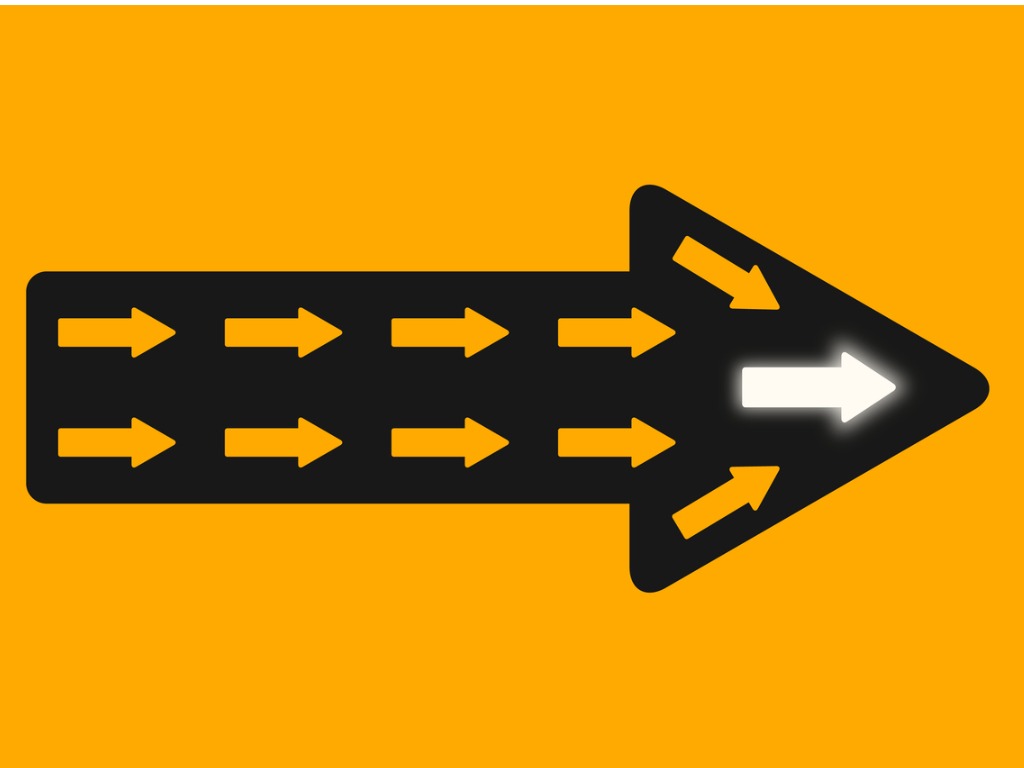
Ensure seamless operations and optimal functioning of the business by developing your influence, explains Thom Dennis
The Executive Assistant role has transformed from a focus on offering secretarial support and managing the daily schedule of top-level management to dealing with overburdened inboxes, managing multiple calendars, reducing executive stressors, liaising with suppliers, offering solutions, and curating information with increased responsibilities. A contemporary top Executive Assistant ensures seamless operations and optimal functioning of the business, and to do this they have to develop the skill of influence.
We know that influence can be a positive tool that can be used to change consumer behaviours and create positive change. Of course, influence can also be negative, but for example, it is thought that 78% of us are being successfully influenced towards more environmentally friendly practices. Social influence is included in the Future of Jobs Report 2023 as a top 10 core skill, whilst even more recently, according to the 2024 Global Comms Report, it is employees who are thought to be our most important influencers. Upskilling workers in using influence in the right ways is an increasing priority, so what are the best ways for EAs to grow their influence?
1. Be Current
Staying current amplifies influence by raising your credibility and allowing you to share your knowledge and stay relevant. Keeping well-informed elevates your ability to connect and engage, and positions you as a trusted source.
2. Offer Solutions
Collaborating and offering solutions significantly boosts influence, adds value, and showcases problem-solving skills. Managers are constantly time-short, so good solutions will normally be gratefully received and will demonstrate your commitment and team attitude. Creativity and problem-solving fed by diverse perspectives are increasingly valued, and teamwork confirms credibility and inspires trust.
3. Reduce Conflict
If you can mitigate conflict and be a skilled mediator, you will be actively supporting a healthier work culture and fostering a positive and safe environment, strengthening your influence. Creative disagreements contribute to a positive culture, but bullying, gaslighting, harassment, and a lack of inclusion and equity need to be tackled, and EAs are often well positioned to influence executives to reduce problems before they mushroom. It’s the members of the C-Suite who are responsible for the culture in an organisation, and while it can be extremely difficult, EAs can exert subtle but powerful influence in many instances.
4. Be Proactive
Using your initiative to seize opportunities and develop your knowledge highlights leadership skills and commitment to progress and success. It also helps you earn trust and respect from others, showcases foresight, and fortifies your position of influence. Optimising processes, for example, may well lead to increased efficiency and effectiveness. In my experience, EAs, by virtue of their position, have a view that enables them to bridge the gap between their executive and other stakeholders.
5. Encourage the Development of Your Executive
Every executive should have someone who is not involved in the outcome to challenge, act as a soundboard, and mirror back to them what they’re saying and proposing to do. I find that sometimes the executive looks to the Assistant for this support, but normally it’s much healthier to have an external coach to fulfil that function, and as the Assistant, the greatest way to have influence is to bring the two parties together. It can take considerable weight off the Assistant whilst at the same time bringing a lot of support to the executive.
6. Train In, and Use, Your Cultural Intelligence
Cultural intelligence (CQ) is increasingly gaining prominence as a more valuable asset than intelligence quotient (IQ). It is a globally used metric of how well we understand and navigate cultural diversity, demonstrating our capability to interact, communicate, and collaborate effectively across different cultural contexts. It also aids us in understanding the decision-making processes of individuals and organisations, and how our values, purpose, attitudes, and beliefs shape and influence our choices. Everyone can improve their CQ skills.
7. Make Introductions
By creating network opportunities and facilitating relationships, you position yourself as an important bridge between people, earning trust and establishing yourself as a connector in various circles. Indeed, building rapport and relationships in diverse circles can lead to new opportunities, collaborations, and insights, thereby consolidating perceptions of you as an influential person.
8. Get Help Organising Key Meetings
Organising executive team meetings can be very stressful for the EA who is given the task. We’ve been doing this work for many years, from helping conceive the objectives of the meeting to locating a suitable venue, facilitating the event itself, and ensuring full accountability in the follow-up stages. When we partner with the EA, sharing the load and leading where our expertise is strongest, it’s a win-win for everyone – not least the executive, who can really appreciate the influence their Assistant has had in producing a brilliant outcome.
9. Be Tech Savvy
Keeping up to date with tech can help you to demonstrate your knowledge and forward-thinking mindset. Embracing technology makes us more influential because the speed of change that we are experiencing now is the slowest it will ever be. The advancements in tech and AI will affect EAs through increased innovation, timesaving, and growth. This means EAs who re-skill in this area will be able to collect, analyse, and present data for strategic decisions and initiatives made by leaders and position themselves as a person of tenacity and reliability.
10. Develop Efficiency and Effectiveness
The best EAs are still synonymous with excellent organisational, system, and time management skills. Goal setting allows you to see where you are and what you are aiming for and encourages accountability, which can increase productivity, a sense of purpose in the workplace, and feelings of accomplishment. If the brain has a focus, targets are more likely to be achieved.
11. Provide Status Updates
Strong and proactive communication showcases reliability, builds trust, and ranks you as someone in the know, dedicated to progress and success. Regular and consistent status updates amplify influence by promoting transparency and accountability. Learn to judge the difference between too-frequent updates and helpful summaries.
12. Give Credit Where It’s Due
Acknowledging others’ contributions demonstrates humility, builds strong relationships, and creates a positive work culture. People are drawn to those who recognise and celebrate the success of other individuals, whereas trust is broken and resentment builds when credit is taken for another’s work.
13. Be Self-Aware
Developing self-awareness leads to emotional and cultural intelligence, mature decision-making, and authenticity. EAs who understand both their own and their line managers’ stressors, as well as their strengths and weaknesses, perform better, learn from mistakes, and evolve. Executives who also model healthy lifestyles and stress management will be part of a growing physical- and mental-health-conscious culture.
14. Relationship Builders
At the core of a successful business lie the important skills of nurturing robust connections and fostering inclusivity. The power to build good working relationships opens doors to seamless collaboration, better morale, unwavering trust, reduced conflict, heightened engagement, and greater influence.













